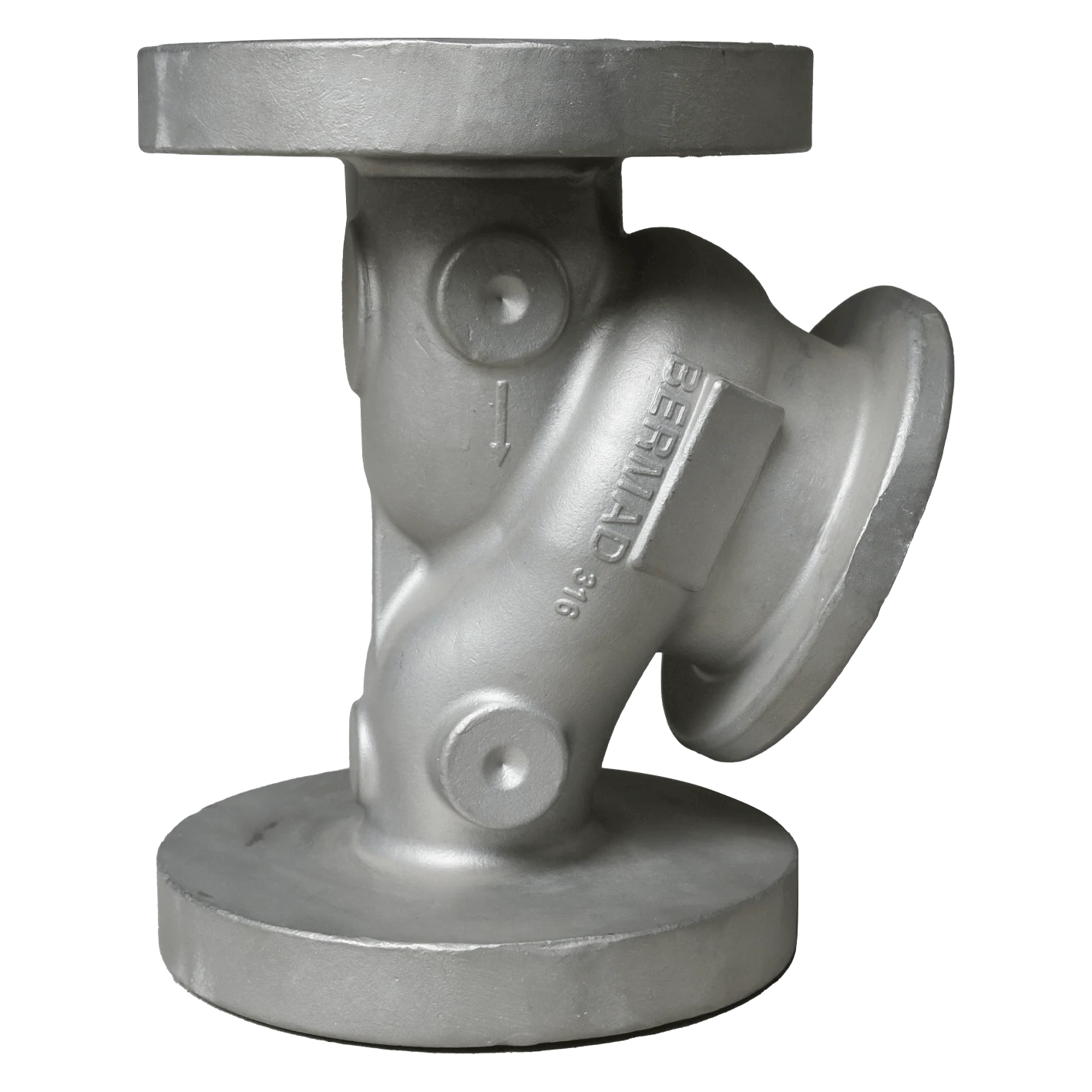Mobile:+86-311-808-126-83
Email:info@ydcastings.com
English
Exploring the Benefits and Applications of 12% Pipe Caps in Various Industries
The Versatility and Importance of 12% Pipe Caps in Various Industries
Pipe caps, specifically those designed at a 12% slope or bevel, play a crucial role in a variety of industries that involve piping systems. These caps are essential fittings that seal the ends of pipes, ensuring integrity and safety in fluid transport. In this article, we will explore the various applications of 12% pipe caps, their manufacturing materials, and the advantages they bring to different sectors.
Understanding Pipe Caps
Pipe caps are fittings used to close off the ends of pipes, providing both protection and a way to maintain the pressure of the fluid within the system. The 12% designation refers to the angle of the bevel on the cap, which is designed to facilitate smoother transitions and better flow characteristics. This slight incline is particularly beneficial in systems where the flow of liquid or gas needs to be managed carefully, reducing turbulence and minimizing the risk of clogs or blockages.
Applications in Various Industries
1. Oil and Gas Industry In the oil and gas sector, 12% pipe caps are often employed to terminate pipelines running underground or underwater. These caps protect the pipe from external elements such as moisture, soil, and other corrosive agents that could lead to leaks or failures over time. Their robust design also withstands high pressures, which is crucial for the safe transportation of flammable substances.
2. Water Management Systems Water supply and wastewater management systems frequently utilize pipe caps to seal off discharge lines or to close off sections of pipe during maintenance. The 12% slope can enhance water flow, preventing stagnant water and reducing the risk of bacterial growth within the system. This is vital for maintaining hygiene and safety in municipal water supplies.
3. Construction Industry In construction, 12% pipe caps are used extensively in plumbing systems. They can be found in both residential and commercial buildings, where they serve to close off pipes that are not in use and to manage the flow of water efficiently. Their ability to create a secure seal is essential for preventing leaks that could lead to water damage and costly repairs.
12 pipe cap

4. Chemical Processing The chemical industry relies heavily on pipe caps to manage the transport of various chemicals safely. The materials used for these caps must be resistant to corrosion and able to withstand chemical exposure. The 12% design aids in ensuring that there are no blockages, which could potentially lead to hazardous leaks or spills.
Manufacturing Materials
Pipe caps can be made from a variety of materials, depending on the specific requirements of the application. Common materials include stainless steel, PVC, carbon steel, and various alloys. Stainless steel caps, for instance, are highly resistant to corrosion and are ideal for the oil and gas industry. In contrast, PVC caps are lighter and easier to install, making them suitable for irrigation and drainage systems.
Advantages of 12% Pipe Caps
The 12% bevel or slope design provides several advantages. First, it improves the flow characteristics within the piping system, reducing pressure drop and minimizing fluid turbulence. Second, it enhances the ease of installation and reduces the risk of misalignment during fitting. Lastly, the cap design helps to prolong the life of the piping system by preventing accumulation at the joints.
Conclusion
In conclusion, 12% pipe caps are vital components in various industrial applications, providing essential sealing, flow management, and protection. Their design and material selection cater to the specific needs of the industries they serve, ensuring safety and efficiency in fluid transport. As infrastructure continues to develop and evolve, the importance of reliable fittings like the 12% pipe cap will remain a priority in engineering and construction.
-
Materials Used in Manufacturing Cap End Pipe FittingsNewsNov.24,2025
-
Material Properties of CF8M CastingNewsNov.24,2025
-
How to Inspect Pump Cap Ends for DamageNewsNov.21,2025
-
Backward Curved Impeller – Efficient Airflow Solutions for Industry | YD CastingsNewsNov.21,2025
-
Automobile Water Pump - Efficient, Quiet, Durable & ElectricNewsNov.21,2025
-
Impeller for Pumps – High-Efficiency, Durable, OEM-ReadyNewsNov.21,2025











